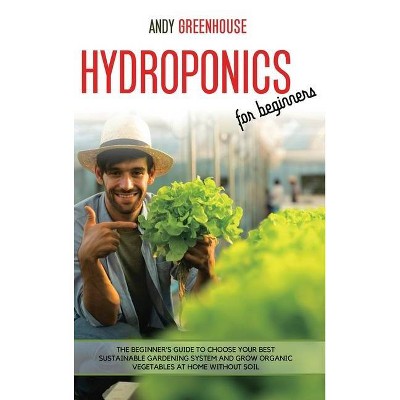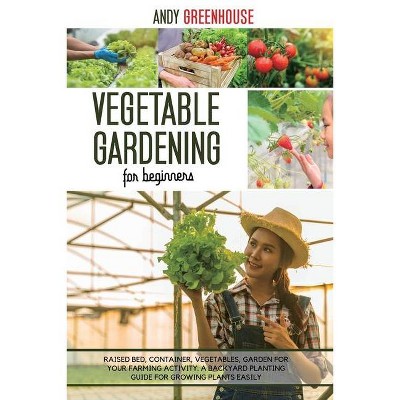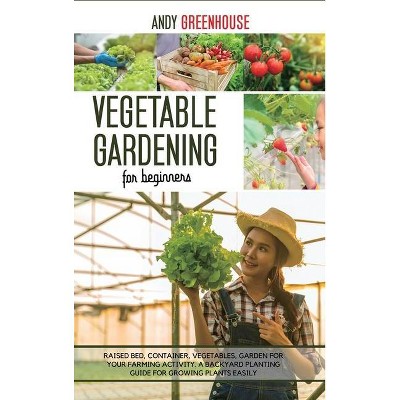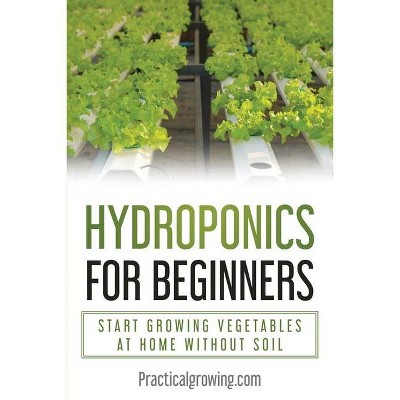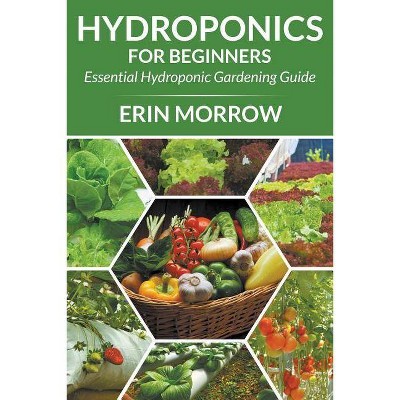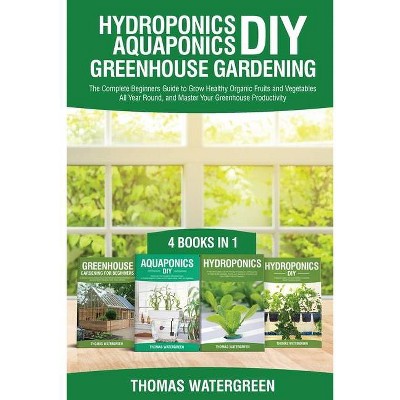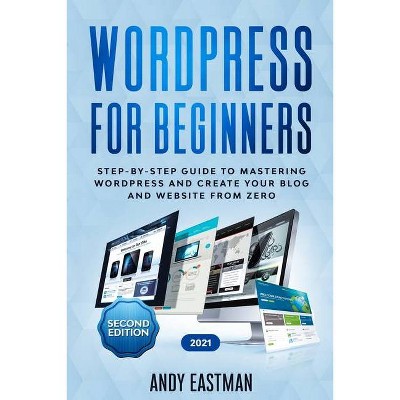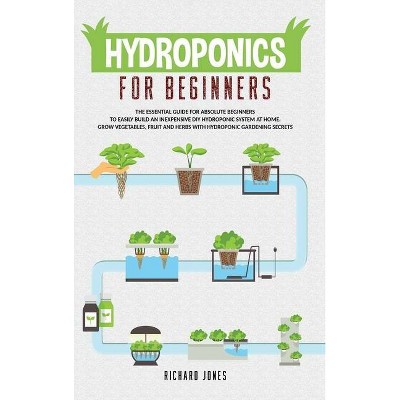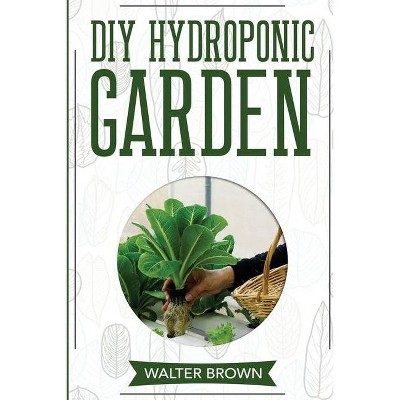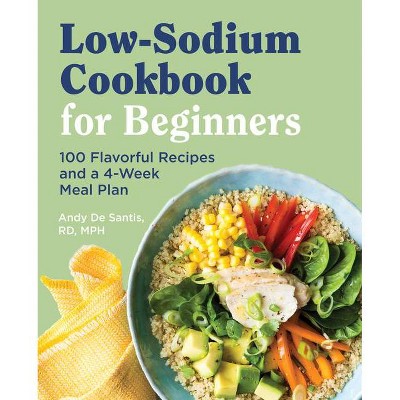Hydroponics for Beginners - by Andy Greenhouse (Paperback)
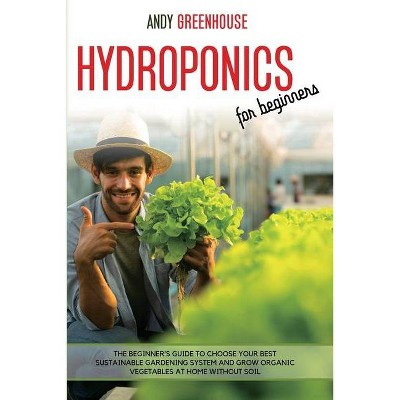
Similar Products
Products of same category from the store
AllProduct info
<p/><br></br><p><b> About the Book </b></p></br></br><p><strong>ARE YOU LOOKING FOR A COMPLETE GUIDE ON HYDROPONICS? </strong></p><p><br></p><p>Your Customers Will Never Stop to Use this Awesome Hydroponics Guide!</p><p/><br></br><p><b> Book Synopsis </b></p></br></br><p><strong>ARE YOU LOOKING FOR A COMPLETE GUIDE ON HYDROPONICS? THEN KEEP READING...</strong></p><p><br></p><p>Your Customers Will Never Stop to Use this Awesome Hydroponics Guide!</p><p><strong>>>Color Version</p><p><br></p><p>Hydroponics is a new fad in the gardening world that would discredit its history which reaches all the way back to the hanging gardens of Babylon and the Aztecs' floating gardens. There are even Egyptian hieroglyphs that describe a form of hydroponic. More recently, hydroponics was even given a place within NASA's space program. But commercial growers and scientists are coming around to the method, leading to more hydroponic setups being used and more research looking into the advantages of hydroponics.</p><p><br></p><p>So, what makes hydroponic gardening different than traditional gardening? As the name implies (hydro) water plays a key role. The hydroponic garden actually doesn't make use of the soil system. Instead, hydroponic gardens make use of nutrient-based solutions through the circulation of water. So, a hydroponic garden tosses out the soil system and instead uses an inert grow medium like clay pellets, vermiculite, perlite, or one of several others that will pop up throughout this book. What this does is let the roots of the plant directly touch the nutrient solution, get more oxygen as they're not buried in the ground, and together these both promote growth.</p><p><br></p><p><strong>This book covers: </strong></p><ul><li>Introduction to Hydroponics</li><li>Advantages and Disadvantages</li><li>Types of Hydroponics Systems</li><li>Hydroponics vs Aquaponics</li><li>Tips to Getting started</li><li>Equipment irrigation</li><li>Humidity and temperature sensor</li><li>And Much More</li></ul><p><br></p><p>Hydroponics is an excellent option for growing your crops. Most of the time, the environment is controlled which reduces the risk of pests and diseases. Growing indoors or in a greenhouse will likely reduce the need for pesticides. </p><p>Hydroponics can produce crops faster than conventional methods. Produce can be located close to the consumer because these can be grown indoors without the need for a soil system. Put simply; Hydroponics is a method of growing plants with water, a nutrient solution, and a growing medium. There is no soil involved. The word 'hydroponics' actually reflects this; 'hydro' means water and 'ponos' means labor.</p><p><br></p><p>Hydroponics is a generic term that embraces different cultivation techniques that have as a standard feature the use of water and nutrients to feed plants that are grown "out of the soil" or without using the land.</p><p>There are two main methods of hydroponic cultivation; the first foresees the use of "inert" materials or supports whose purpose is only to support the root system of the plant, the other is the direct immersion of the roots in the nutrient solution.</p><p><br></p><p>The advantages of hydroponic without soil cultivation - compared to traditional cultivation techniques - lie above all in the possibility of starting one or more hydroponic crops even in less hospitable environments and in conditions not suitable for the birth and growth of plants. </p><p>Hydroponics is one of the methods used to grow crops without using the soil. The plants are usually grown in rows and columns; however, it is just like traditional gardening, but this time in a much more dynamic form. This time, they have their roots fitted in water and not on dirt.</p><p><br></p><strong>Buy it NOW and let your customers get addicted to this amazing book!</strong>
Price History
Price Archive shows prices from various stores, lets you see history and find the cheapest. There is no actual sale on the website. For all support, inquiry and suggestion messages communication@pricearchive.us
